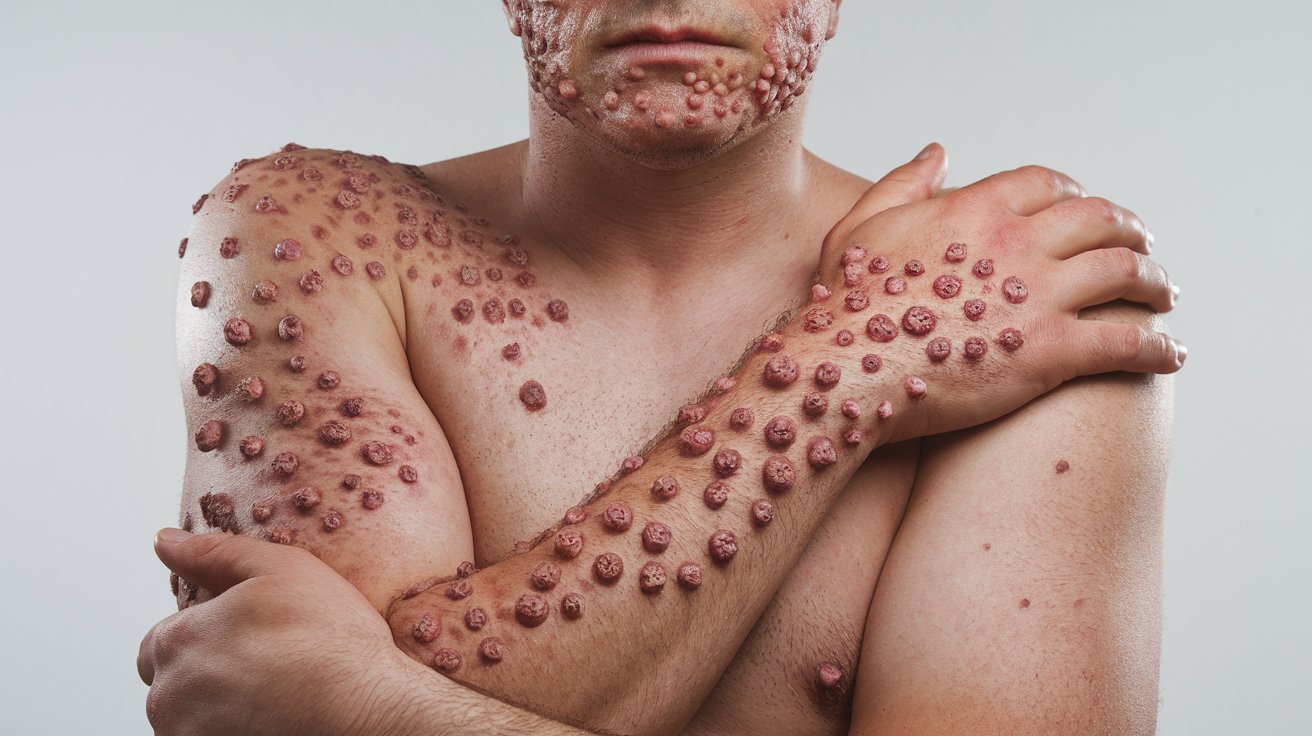Hey there! Today, let’s dive into an important health topic that’s been making waves: mpox disease. You might have heard the term in the news recently, especially with a confirmed case popping up in Kerala, India. So, let’s break it down in simple terms and explore what mpox disease is, how it can affect you, and what you should keep an eye out for.

What is Mpox Disease?
Mpox disease, formerly known as monkeypox, is caused by the mpox virus. While it’s not as dangerous as smallpox, it’s still a viral infection that can cause some pretty uncomfortable symptoms. The virus spreads through direct contact with an infected person or animal, or even through items that have been contaminated.
Mpox Symptoms: What to Look For
Being aware of mpox symptoms is crucial for your health and the health of those around you. Here’s a rundown of what you might experience if infected:
- Fever: This is often one of the first signs.
- Headaches: You might feel pressure or pain in your head.
- Muscle Aches: Your body may feel sore and fatigued.
- Swollen Lymph Nodes: You’ll notice swelling in areas like your neck or groin.
- Rash: This can start as flat spots and develop into painful blisters.
If you notice any of these symptoms, especially if you’ve traveled recently or been in close contact with someone who might have mpox, don’t hesitate to reach out to a healthcare professional.
The Situation in Kerala
The recent case of mpox in Kerala has understandably raised some eyebrows. Health officials are working hard to monitor the situation and prevent any further spread. It’s a reminder for all of us to stay vigilant. Knowing about mpox symptoms and being aware of your health can help you take action if needed.Local health authorities are stepping up their efforts to educate the public about mpox disease. They’re encouraging everyone to practice good hygiene and to be cautious of close contact, especially if someone appears unwell. This is not just about protecting yourself; it’s about looking out for your community.
How to Protect Yourself from Mpox Disease
Here are some simple steps you can take to help prevent the spread of mpox disease:
- Wash Your Hands: Regular handwashing is one of the best defenses against many viruses.
- Keep Your Distance: If you know someone who has symptoms, try to maintain a safe space.
- Stay Updated: Follow news and updates from health officials about the situation in your area.
Conclusion, Mpox disease may seem scary, especially with recent cases in Kerala, but knowledge is power! By understanding mpox symptoms and taking preventive measures, you can help protect yourself and those around you. Remember, staying informed and proactive is key to keeping everyone safe.Take care of yourself, stay alert, and don’t forget to share this information with friends and family. The more we know, the better we can protect ourselves and our loved ones from mpox disease. Stay safe out there!
Visit us 😉
